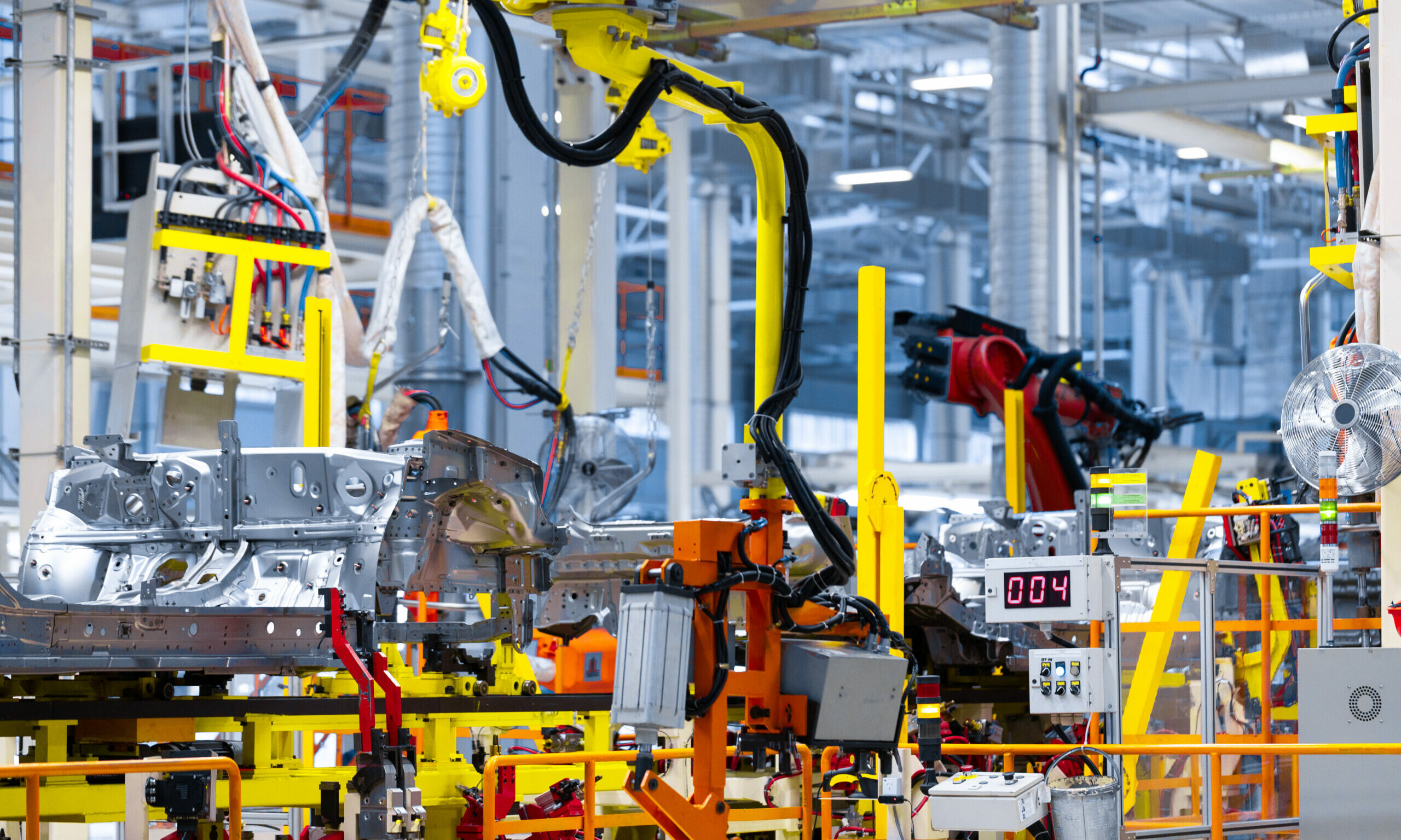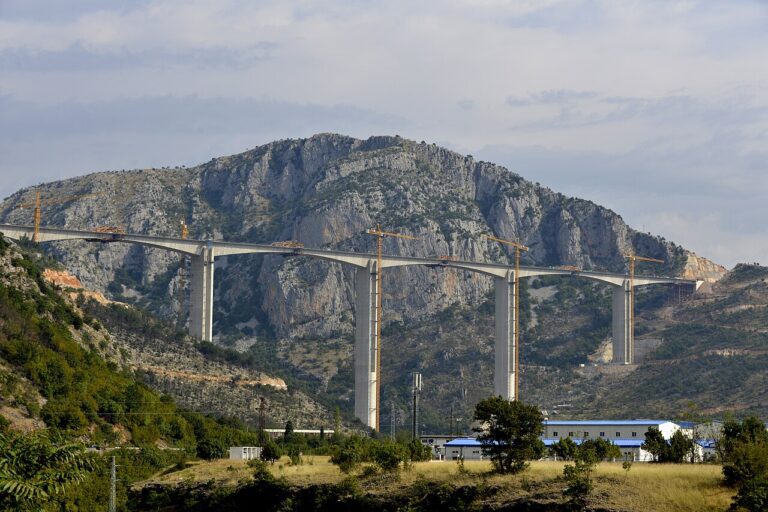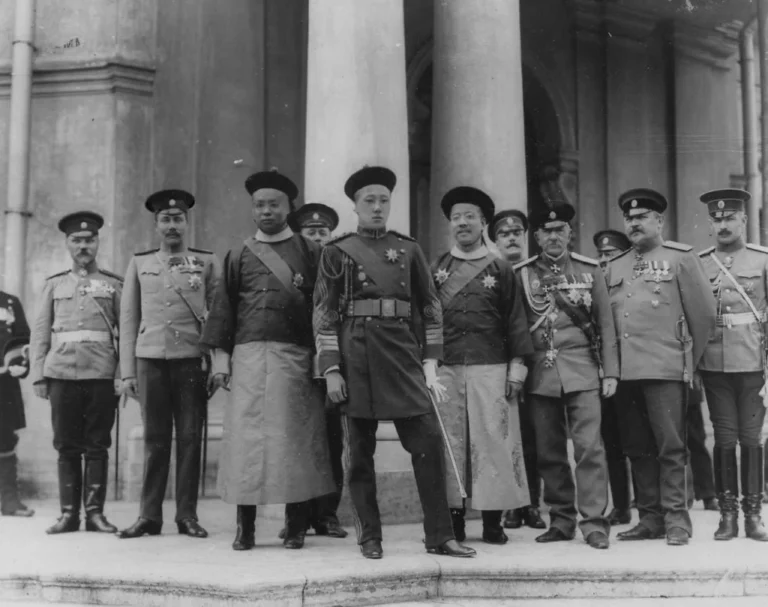
Cooperating with China against the backdrop of ongoing efforts to boost economic and technological sovereignty and autonomy on both sides brings new challenges.
In these increasingly troubled times, it is good news that Spanish Prime Minister Pedro Sánchez took advantage of the 50th anniversary of the establishment of diplomatic relations between Spain and China to visit Beijing and meet with President Xi Jinping. It was 2018 when China’s president visited Spain and in the joint statement, it was agreed to establish a series of high-level dialogues on economic and political issues. However, COVID-19 stopped everything. It is beneficial to re-establish these exchanges because, despite differences and tensions, keeping a conversation open with the world’s second largest economy and, therefore, a key player in all areas of global multilateral governance is crucial.
Enter the Dual Circulation
Of course, the context for the Spain-China relationship has changed drastically in the last five years. First of all, China has set out to manage its economy, in an increasingly multipolar world of technology and innovation, by means of what it calls a dual circulation model. The model seems to be here to stay, even within China’s proverbial policy flexibility.
Within the first, national context of China’s dual circulation, the main objective is to internalize in China parts of industrial and innovative value chains of greatest interest and to take advantage of the size of its market to develop higher value-added products than those we usually associate with the “made in China” label. Technically, its challenges are to invest productively in deep-tech, achieve a better balance between expanding domestic demand and deepening supply-side structural reform, improve technological independence, modernize the industrial system and achieve a unified domestic market.
Then, in a second “circulation”, China aims to maintain international connections with a twofold objective: to export these high value-added products and to continue importing the necessary resources – raw materials, capital, technology, innovation – to further develop domestic value-added.
The challenge for China is to prevent domestic circulation from becoming isolated (especially from Western markets) and, on the contrary, to preclude Chinese domestic production from turning into a mere appendix to international circulation and contributing little or no value to its own economy.
At the same time, Spain (and the EU) are also looking for a model that maintains a high degree of technological sovereignty and strategic autonomy for the bloc. The aim is to produce high added value that can preserve our principles and the integrity of our model of society, maintains a sufficient degree of cooperation with China as a way of preventing future conflicts and avoids a definitive fragmentation of technology and transnational value chains in many industries while participating in the growth of the Chinese domestic consumer market.
Avoiding a Clash
Is there a possible meeting point between China’s efforts to develop dual circulation and the EU’s quest for technological sovereignty and strategic autonomy? If industrial policy returns in the West and there is a rebalancing of state and market participation, the two models are no longer so far apart. The key is to avoid a protectionist spiral that ultimately harms everyone.
The new energy industry may be the paradigm of the necessary collaboration between Spain (and the EU) and China and the opportunities and challenges it presents. This is especially the case as China is currently the largest contributor to greenhouse gas emissions. Unless China massively reduces its emissions, the fight against climate change is doomed to failure. So, there is an opportunity in helping China’s industry reduce global warming, knowing that the challenge is that Beijing has its own agenda highly dependent on the evolution of its economy, its own technological developments that it may not be willing to share, as well as its own interests in third countries.
This is, therefore, an example of possible multilevel and multisectoral collaboration, covering scientific, technological, commercial, and strategic issues. It also speaks to the need for collaboration and coordination within a framework of competition, and even rivalry, between different government systems. In this sense, possible Chinese investment in the growing electric car industry in Spain is something that could be positive, as long as it fits into our own dual circulation model.
In addition to new energy, sustainability, and climate change, what are the areas in which it is possible to try this ‘intelligent and balanced’ cooperation that recognizes that today all countries have some dual circulation model of their own? Fortunately, the list is long, as Spain has outstanding leadership in some economic, industrial and technological areas of interest to China and it can try to show a different (European?) way of promoting their development, including a digital transformation that is more human and inclusive. Main examples are health, transport, finance, agri-food, plant bio, construction, environment, technology management, sustainability, public services, and specific auxiliary industries such as automation, applications and equipment.
At the same time, there is a need for more balance in the relationship. China is Spain’s largest supplier of goods, and the trade deficit is only increasing. This is an unsustainable trend that must be reversed as soon as possible. And to do so, China must open up more, especially in the service sectors where Spain has amply demonstrated its international competitiveness. We hope Sánchez has conveyed this message forcefully to Xi.
Certainly, the times when anything goes in cooperation are behind us. China wants to go back to the pre-Trump era, but that is not going to happen, least of all against the backdrop of the war in Ukraine. Europe is not necessarily looking for decoupling, but it wants to de-risk from China. So, each of these areas inseparably includes challenges and opportunities that need to be managed and require experts with the necessary knowledge and skills. For example, transport logistics or traceability in the agri-food sector can no longer ignore the issue of the ownership and use of the data generated that cannot be simply transferred to an operator in China. If there is value in the data, let it be shared and not used to create unnecessary positions of dominance prone to increase conflict.
Moving Forward
Ultimately, cooperation with China would aim to create positive mutual dependencies and not simply unilateral economic relationships that offer no room for maneuver. An example might be tourism. In principle, it is good news that the prime minister met with Chinese tour operators and that Chinese tourism is returning to Spain and the EU as a whole. The average Chinese tourist spends above a typical visitor. But these visits cannot be exclusively in groups and managed only from China and with Chinese (digital) means of payment because then the host country becomes simply a backdrop for third-party business.
Another example is to allow the commercialization of consumer industries, such as electromobility, which, on the one hand, should be subject to border adjustments with a rate of compensation proportional to the generation of CO2, and on the other hand, should avoid climate dumping, i.e. outsourcing outside Europe the contribution to global warming or pollution. It is, in the end, better to produce electric cars in Spain for the European market under European standards.
Moreover, there is a need for Spain and the EU to bring to the relationship a discourse in which civil society and its rights are above the logic of technological development and industrial interests, and to advocate for solutions respectful of human dignity, even if in China the participation of civil society is subject to many limitations. This is the way for Europe and China to add a dose of cooperation to a new global competition that would be not solely based on the speed of evolution of technology, but also on putting it to the service of society. Will we be able to do so?
The original version of this op-ed was published in Spanish in El Confidencial.
Written by
Miguel Otero Iglesias
mioteiMiguel Otero Iglesias is Senior Analyst at Elcano Royal Institute and Professor of Practice of International Political Economy at IE University, also in Madrid.
Claudio Feijóo
claud10Claudio Feijóo is Jean Monnet Chair on Technology Diplomacy at the Technical University of Madrid.


